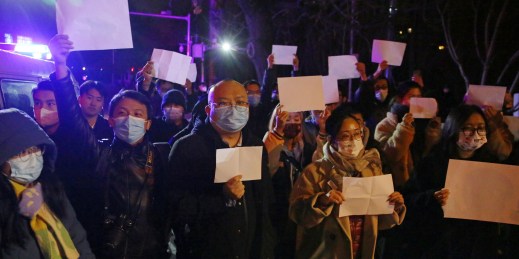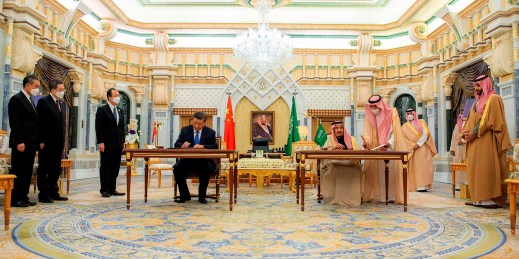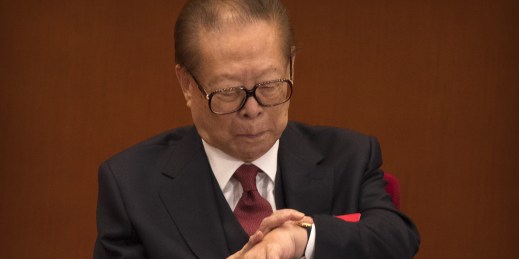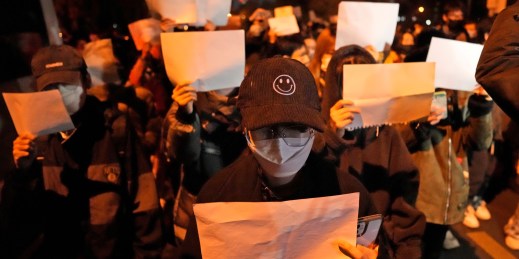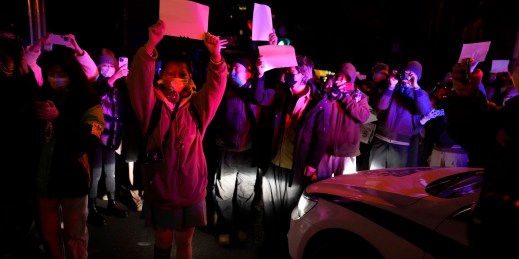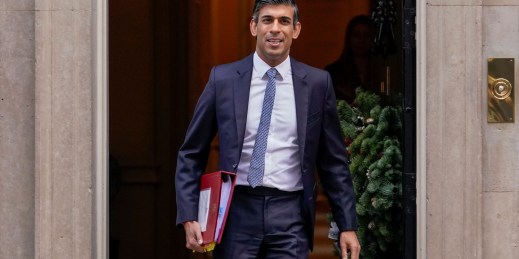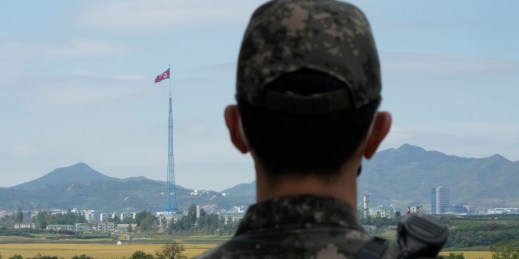
The last year was one of near-constant North Korea missile testing. Dozens of launches have put the region on edge and are driving an increasingly militarized response from South Korea and Japan. Meanwhile, China has done much to enable this state of affairs by its lackadaisical attitude toward North Korea.


